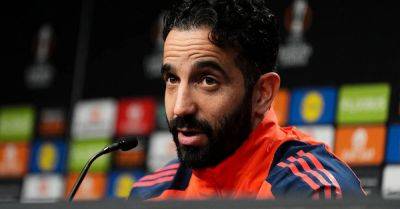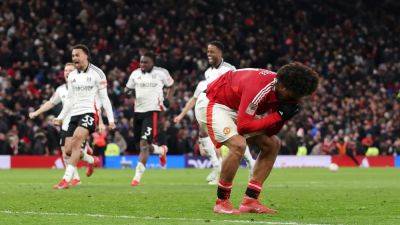Manchester United FFP decision impact explained as Premier League make key move
It has been a particularly bruising time for Manchester United and co-owners INEOS recently.
Suffering significant competitive struggles in the Premier League under Ruben Amorim, and facing another season outside of the lucrative UEFA Champions League unless they find a way to win the Europa League, off the pitch they have fared little better.
Earlier this week saw the revelations emerge that INEOS and its chief Sir Jim Ratcliffe, who was handed football oversight when he purchased 27.7% of United from the controlling Glazer family back in December of 2023, were planning on making around 100 further redundancies at the football club, adding to the 250 jobs that went last year.
The club informed shareholders last month that difficult decisions would have to be made to ensure that the club achieved compliance with the Premier League’s profit and sustainability rules (PSR), which were due to come to an end at the end of this season, the 2024/25 financial year.
However, at a Premier League shareholders meeting in London on Thursday it was decided that PSR would remain for at least another year and that a move to a squad cost ratio method of financial control would be pushed back, the chief reason being that many owners felt it impossible to vote on any such rule changes while Manchester City still had a live legal case with the Premier League over associated party transactions (APT) that needed to reach a conclusion and a decision communicated on what would happen with that.
No clubs breached PSR rules for 2023/24, and clubs had been working towards compliance for 2024/25 due to the fact that they could have faced punishments into next season were they to be found in breach during the current financial year.
The addition of






